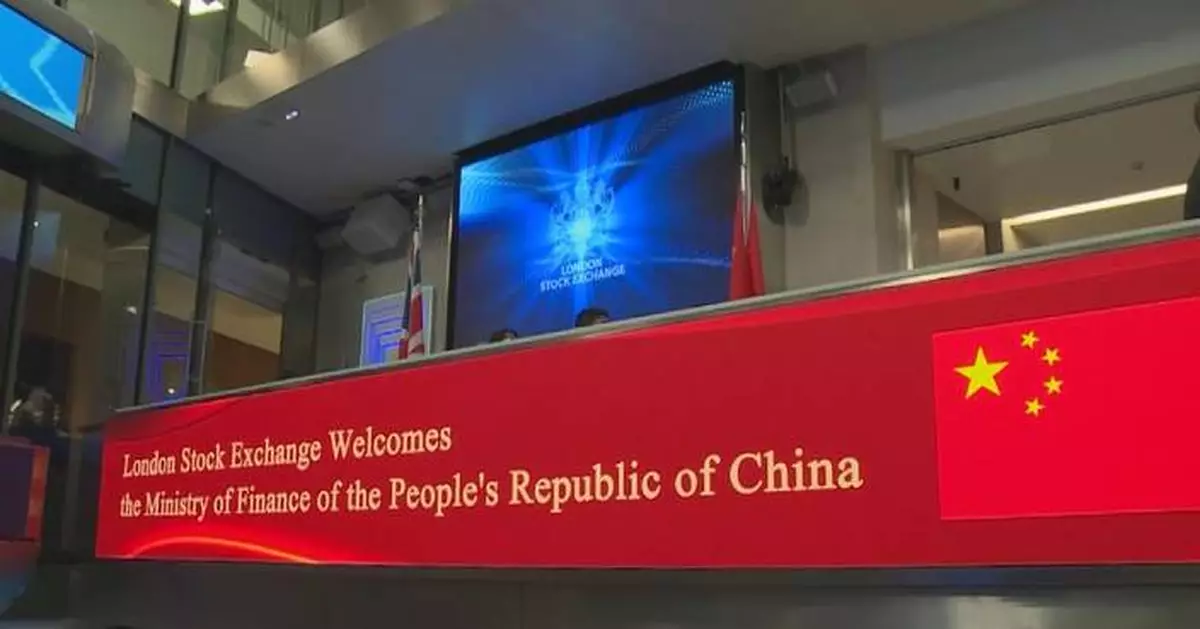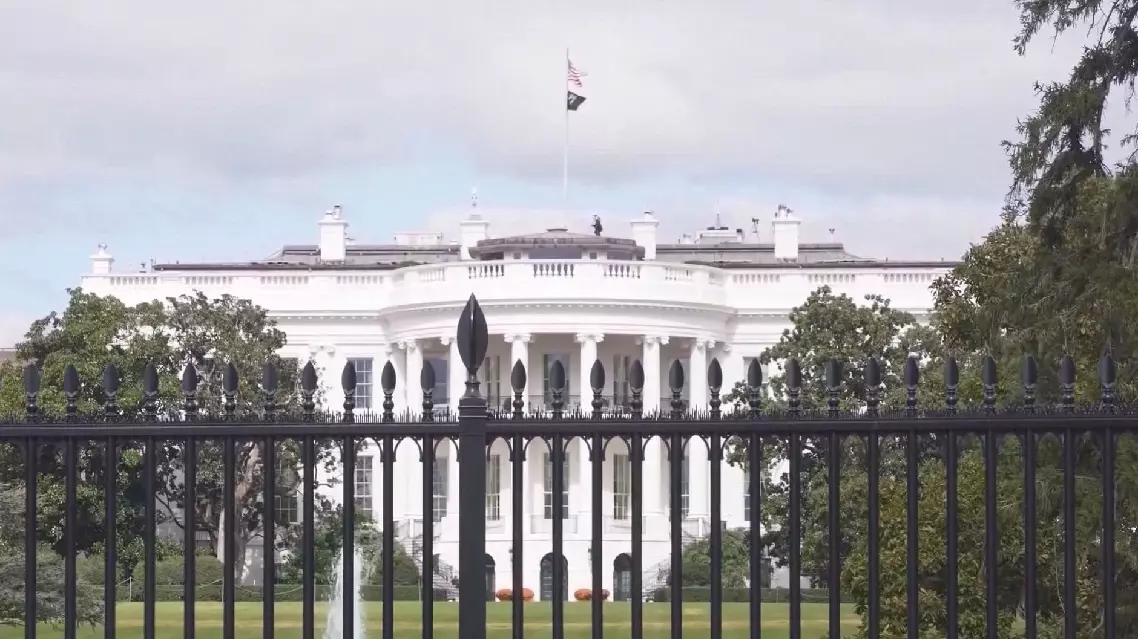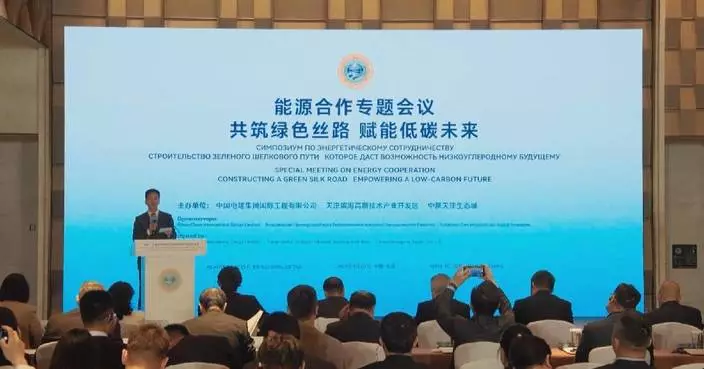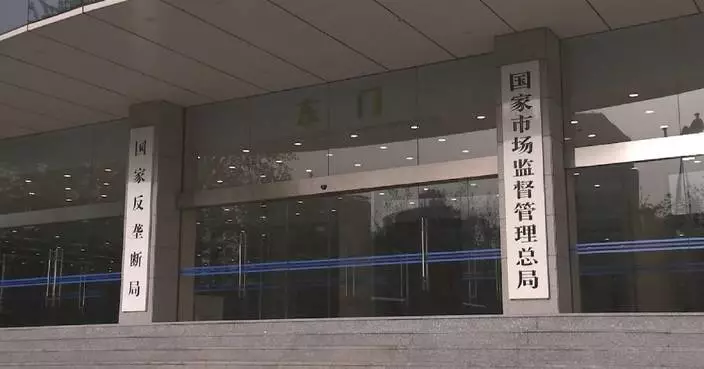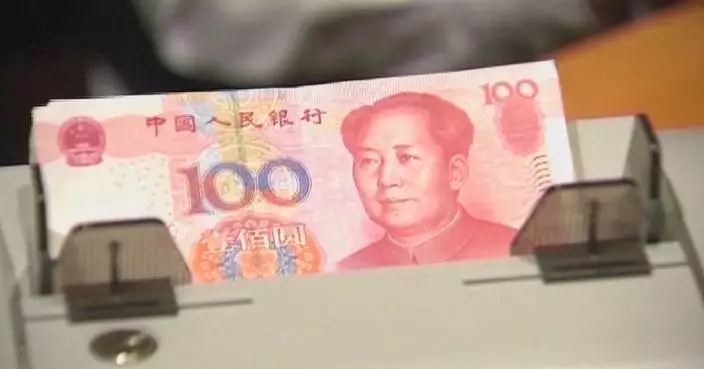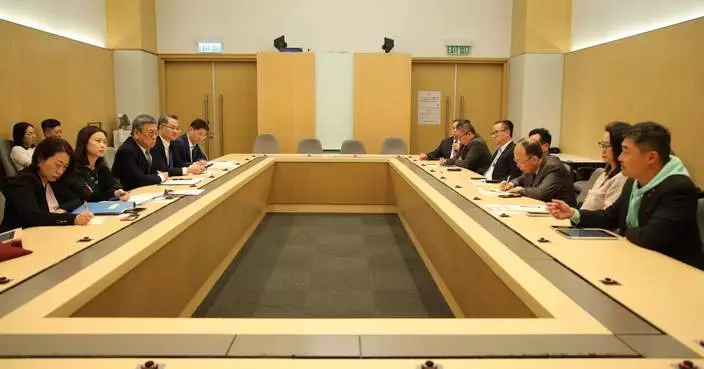China's first-ever overseas RMB-denominated sovereign green bond has seen strong subscriptions from international investors following its issuance in London, UK, on Wednesday.
The deal totals 6 billion yuan (about 833.33 million U.S. dollars), including 3 billion yuan for a three-year term with an interest rate of 1.88 percent, and 3 billion yuan for a five-year term at an interest rate of 1.93 percent. Both rates are lower than the yields on comparable treasury bonds in the Hong Kong Special Administrative Region secondary market.
Notably, the London offering spurred strong demand from international investors -- drawing a diverse range of participants across various regions. Total subscriptions hit 41.58 billion yuan (about 5.7 billion U.S. dollars), 6.9 times the issuance value.
"This issuance has attracted extensive attention from both domestic and international investors, drawing enthusiastic subscriptions from global investors, including monetary authorities, commercial banks, insurance companies and fund management institutions. The total confirmed subscription surpassed 40 billion yuan (about 5.5 billion U.S. dollars), more than six times the issuance value, demonstrating that global investors highly recognize China's sovereign credit and sustainable green development policy," said Zhu Min, chief market officer at the Bank of China London Branch.
"I think it's a very, very positive signal. China is already a leading issuer of bonds in green format. We can see from the size of the order book for this transaction that there is already extremely large demand for Chinese government bonds in sustainable format. So I think both from an offshore perspective as well as potentially onshore, we can see this act as a catalyst for more international involvement in Chinese government bond market," said Bryan Pascoe, chief executive of the International Capital Market Association.
The bond is held in the Hong Kong Monetary Authority's Central Moneymarkets Unit (CMU), and will be listed on both the Hong Kong Stock Exchange and the London Stock Exchange.
According to industry insiders, this marks the Ministry of Finance's second issuance of RMB government bonds in London after a nine-year hiatus, underscoring its significance in further deepening and supporting China-UK cooperation in the green, economic, and financial sectors.
"The issuance of the RMB-denominated sovereign green bond not only promotes infrastructure development for the offshore RMB market in London, but also introduces a green component to China's sovereign offshore multi-currency interest rate curve," said Zhu.
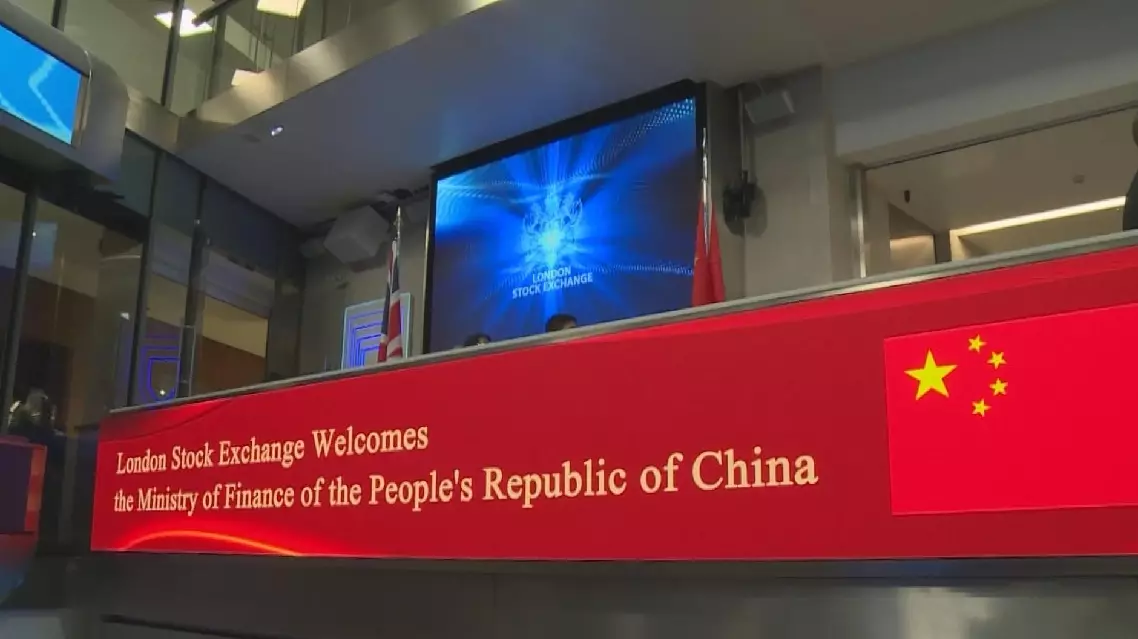
China’s 1st overseas RMB-denominated sovereign green bond draws strong int’l subscriptions
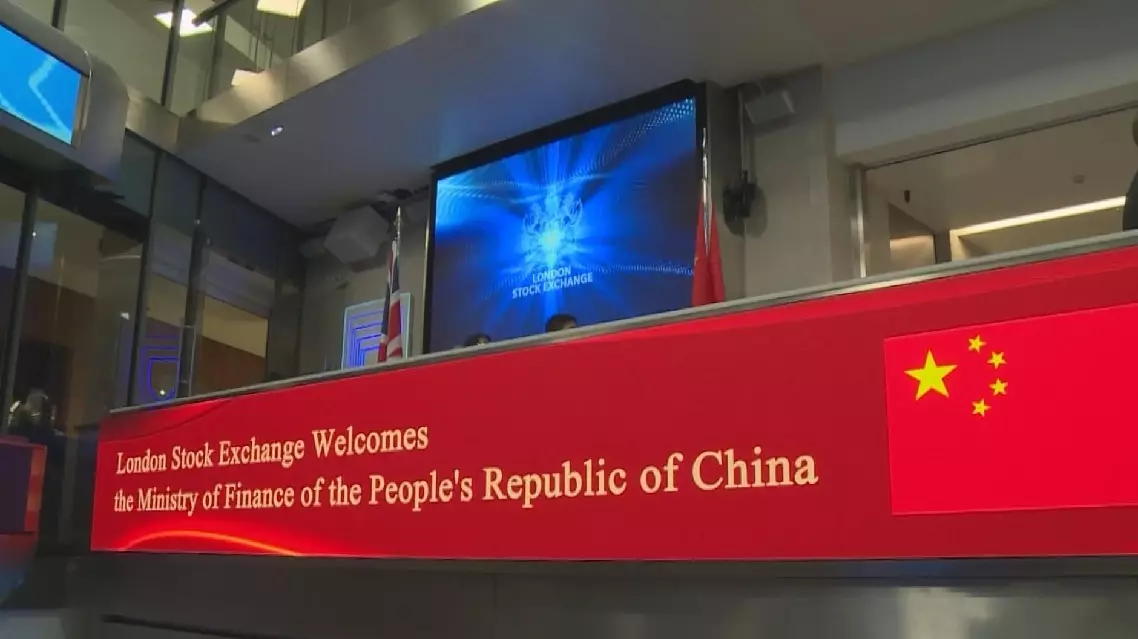
China’s 1st overseas RMB-denominated sovereign green bond draws strong int’l subscriptions


